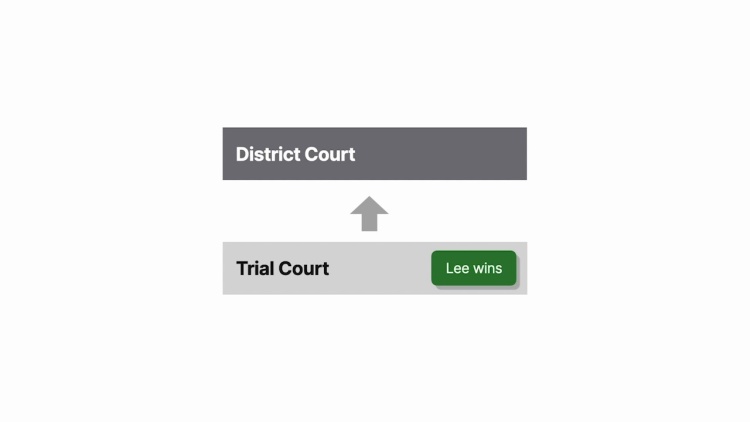Knox v. Lee
United States Supreme Court
79 U.S. 457, 12 Wall. 457 (1871)

- Written by Sean Carroll, JD
Facts
In the Legal Tender Act of 1862, Congress coined paper dollars as bills of credit that constituted legal tender for public and private debts, including those debts already incurred. The plaintiff sued the federal government (defendant), challenging the constitutionality of the act and claiming that Congress did not have the power to make paper money valid legal tender for previously incurred debts. The plaintiff asserted that as the Constitution gave Congress the power to coin money and establish the money’s value, such power applied only to coins, i.e., gold and silver. The lower court upheld the act’s constitutionality. The United States Supreme Court granted certiorari.
Rule of Law
Issue
Holding and Reasoning (Strong, J.)
Concurrence (Bradley, J.)
Dissent (Chase, C.J.)
What to do next…
Here's why 905,000 law students have relied on our case briefs:
- Written by law professors and practitioners, not other law students. 47,100 briefs, keyed to 995 casebooks. Top-notch customer support.
- The right amount of information, includes the facts, issues, rule of law, holding and reasoning, and any concurrences and dissents.
- Access in your classes, works on your mobile and tablet. Massive library of related video lessons and high quality multiple-choice questions.
- Easy to use, uniform format for every case brief. Written in plain English, not in legalese. Our briefs summarize and simplify; they don’t just repeat the court’s language.





